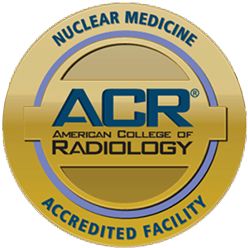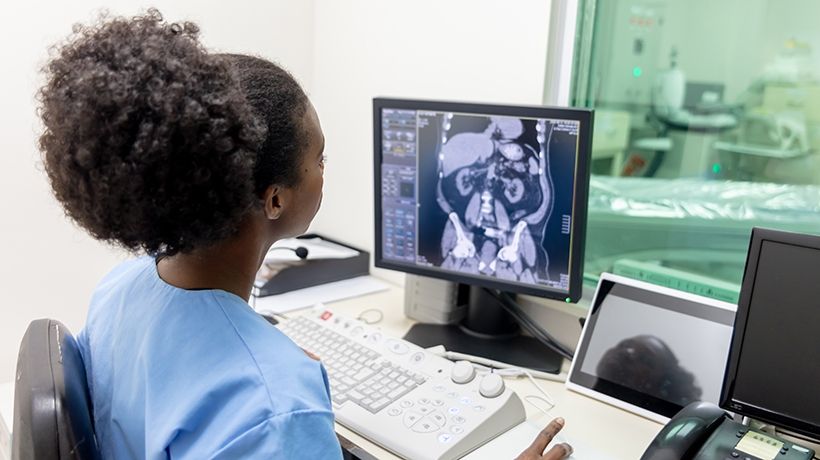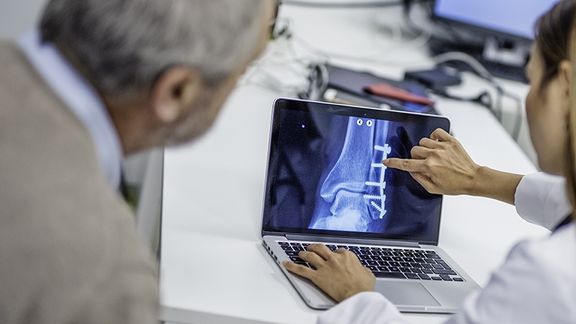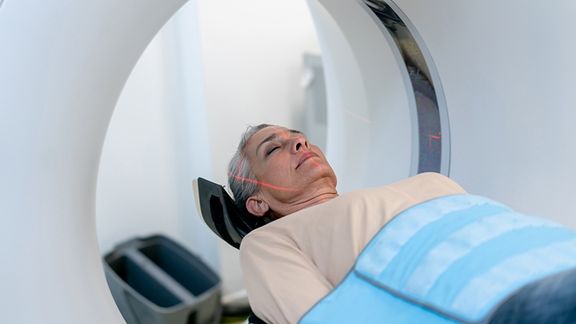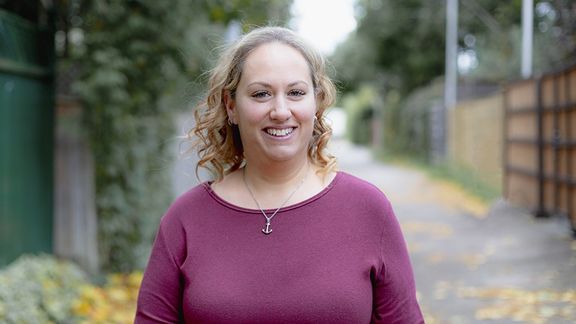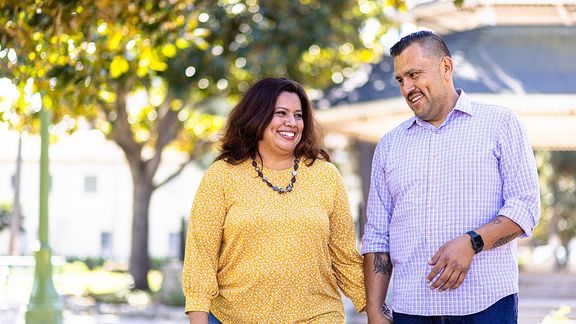Nuclear medicine imaging is a diagnostic technique that uses tiny amounts of radioactive material, a specialized camera, and a computer to create detailed images of your body’s internal functions. This unique approach provides valuable information often not obtainable with other imaging methods, aiding in the diagnosis of various cancers, heart diseases, digestive, hormonal, neurological disorders, and other health conditions. By pinpointing molecular activity within the body, nuclear medicine can detect diseases in their earliest stages, when treatment is most effective.
Accreditations
